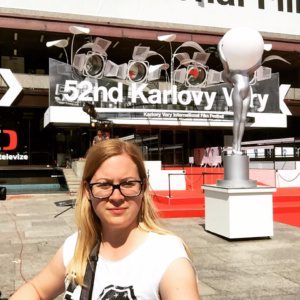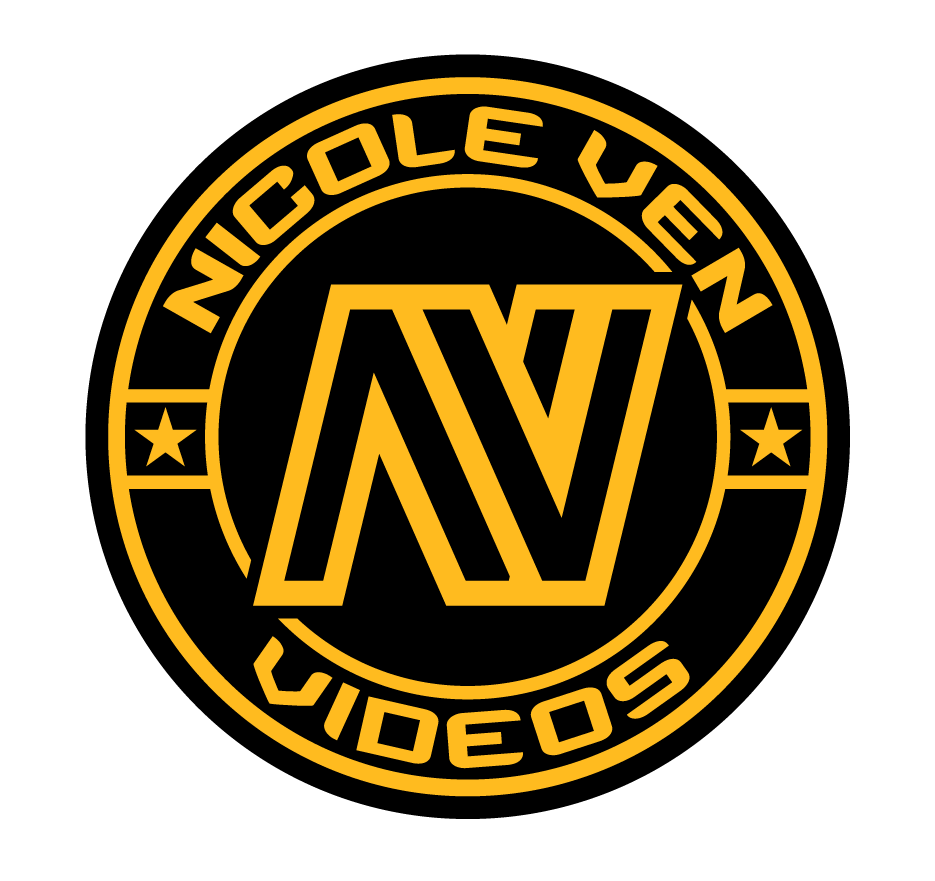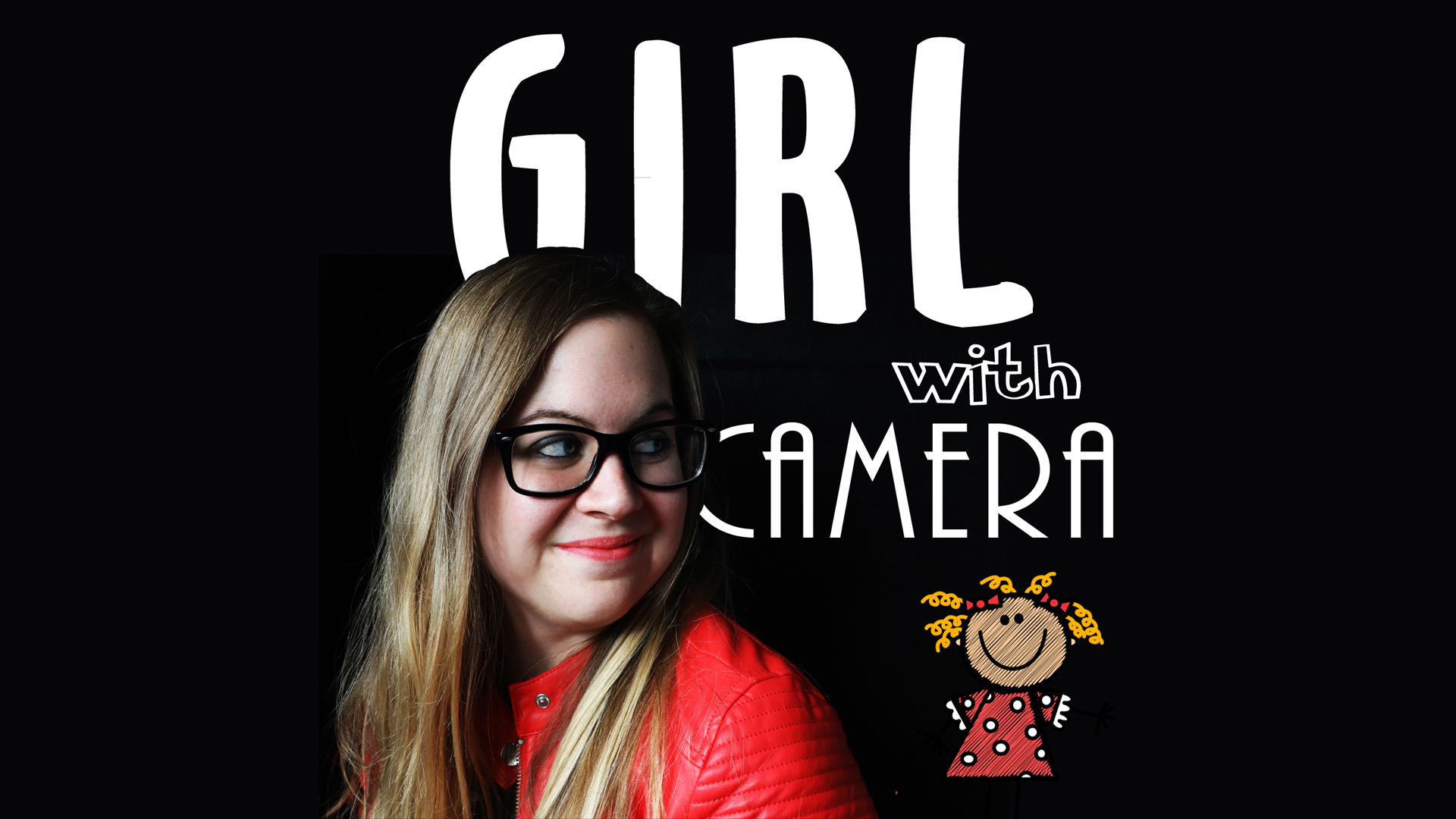Workshops, University, YouTube? I would say all of that but it depends on many things. My journey was completely low budget with no resources.
When I got interested in videography I had no possibility of attending workshops or events and meet film-makers. I know this sounds like an excuse, but I don’t know how else to explain to you, that it was impossible for me to go to workshops or events because there was nothing like that in my hometown. Everything was happening in the capitol Bratislava, which is 500km away from my town.

The way I’ve learnt videography was mostly online and then applying and trying everything in practice. You need to put hours and hours into trying stuff when it comes to videography. The more you try, the more you succeed and your creativity level will go up as well. It’s a question of figuring things out on your own in the beginning.
Learning videography online
Of course you can learn videography online as I mentioned before, you are doing it right now because you’re reading this book.
Go on YouTube and watch thousands of videos but don’t forget to go out and apply and try what you’ve learnt. Otherwise, there is no sense in it. There are many online courses available when it comes to film-making and videography, so just keep looking.
I personally prefer learning from the best so I can recommend you Masterclass where you are taught by Ron Howard, Samuel L. Jackson, Martin Scorsese and many more.
Workshops and shadowing
I never did shadowing it to be honest, but mostly because of a lack of possibilities. Back in 2010 when I started studying at University, it would definitely be good for my quicker growth and progress. I wouldn’t attend any workshops now because most workshops are focused on the beginner’s level, so it would be a waste of time for me.
For you, it could be a good insight of what the real professional looks like, and you can ask them absolutely anything you want. But be aware, as I once attended a photography seminar when I started learning photography on a professional level, and it was a bit of a let down for me.
The name of the photographer was big and I thought it was going to be worth every penny. It wasn’t bad, but the whole afternoon part was just based on everybody’s questions. And people were afraid to ask anything (apart from me), and the workshop ended 2 hours before the schedule. It lacked a bit of a practical approach on how to get clients and improve your craft.
If I could go back, I would just sit there another two hours and ask this photographer every single thing on my mind. Even if it’s just one-on-one. The workshop was promised to end at 4 pm, not 2 pm. So, before you go to any workshop, prepare literally 100 questions. And if you are the only person to ask anything, so be it! Also, if something is called “workshop” you’re expecting to do some work as well. A practical exercise, but nothing like this happened.
Although I have to say that when you start out, you don’t even know what to ask. So do a little research on Google before you go. Read articles and compare advice and opinions from different videographers, and create your own questions.
What about a film school?
I studied Multimedia design which included a video production course and I have to say two things. I haven’t really learned anything about the technical side of a video production, but at least I could practice a real world of video industry from the directing and production point.
I got myself disciplined, I’ve learnt how to work in groups as a team. I got a lot of feedback on my work and that is very valuable for the future. You need to learn how to deal with people in your industry, with clients, be disciplined and get feedback and learn how to receive feedback in a creative industry (super important).
Hearing someone criticising your work and effort can be really harsh. And if you study film and video production, you can spend the whole day creating videos and learning your craft.
You get to network and meet people who also love videos and they share the same passion. Maybe you can start a big project or film a movie together one day.
Thanks to the university studies, I was also able to meet successful film-makers and photographers from all over the world and see how they work and how they think. It’s a priceless experience.
I would definitely suggest going to University if you have the budget and wanna have this experience I mentioned above. Having said that, you can totally learn everything on your own as well.

If you want to learn more about videography and the video industry, you can continue reading about it in my book. This article was actually taken from my book to share a bit of it. My book How to become a professional videographer is sold on Amazon Kindle.
If you’re on the path to become a freelance videographer, I also have a book called Freelancer’s diary: Learn from my biggest mistakes also available on Amazon Kindle.
What equipment you need for the start?
Apart from the obvious – camera and lens, you need a tripod and a microphone. Simple as that. You can do interviews and promo videos – the two most common video formats. Also check out tripods that allow you to film vertically too. Check out all my affiliate links for the equipment here.



No responses yet